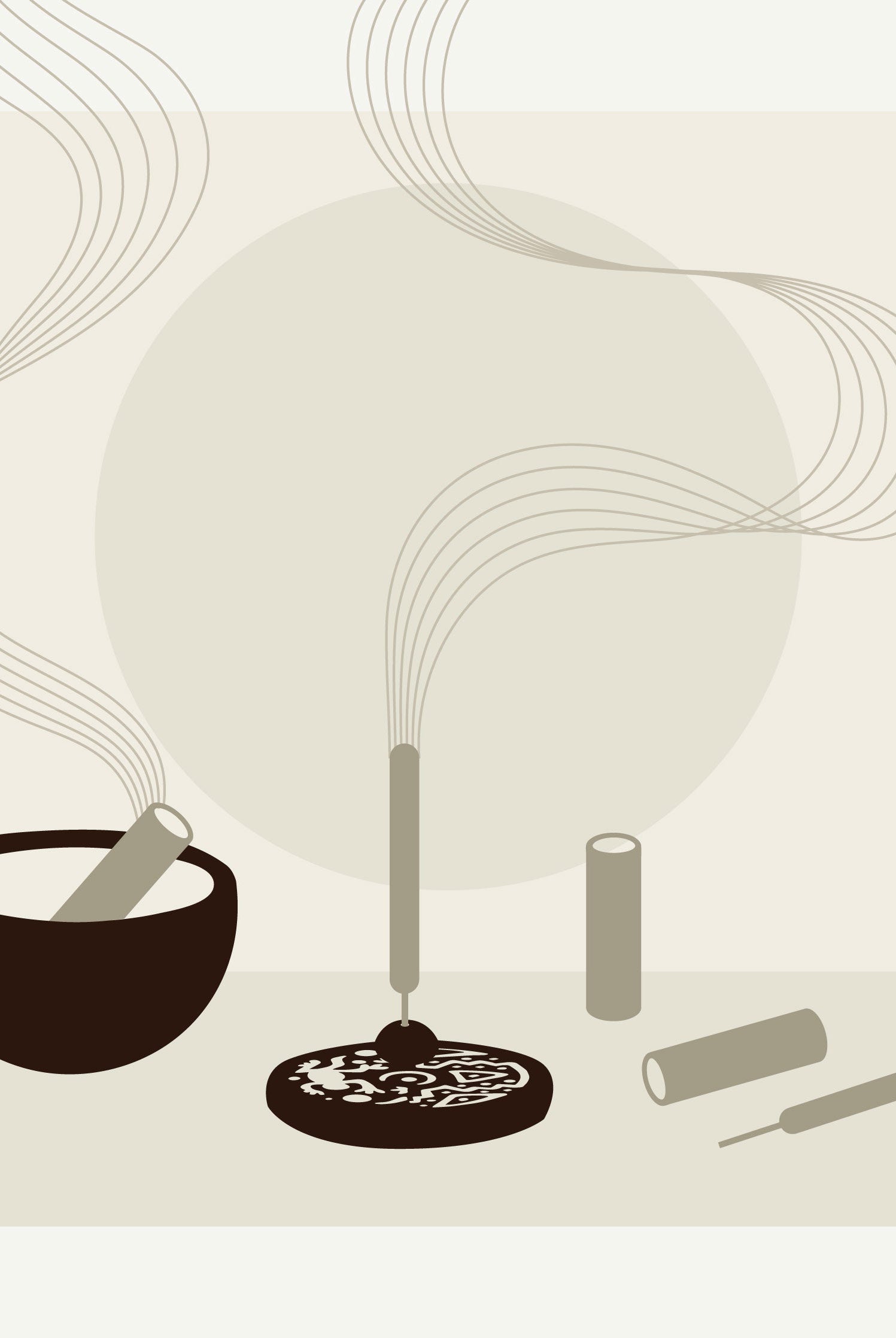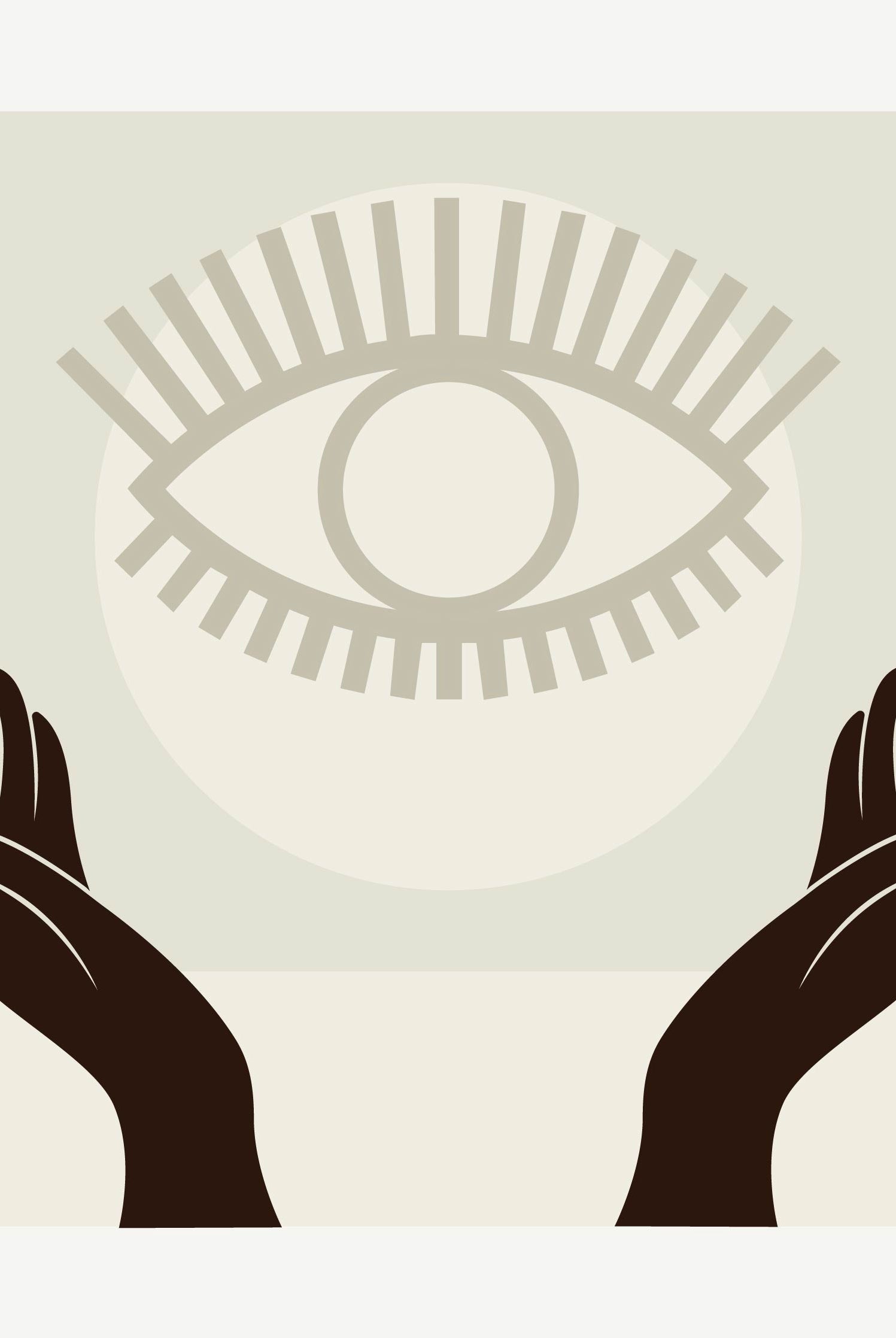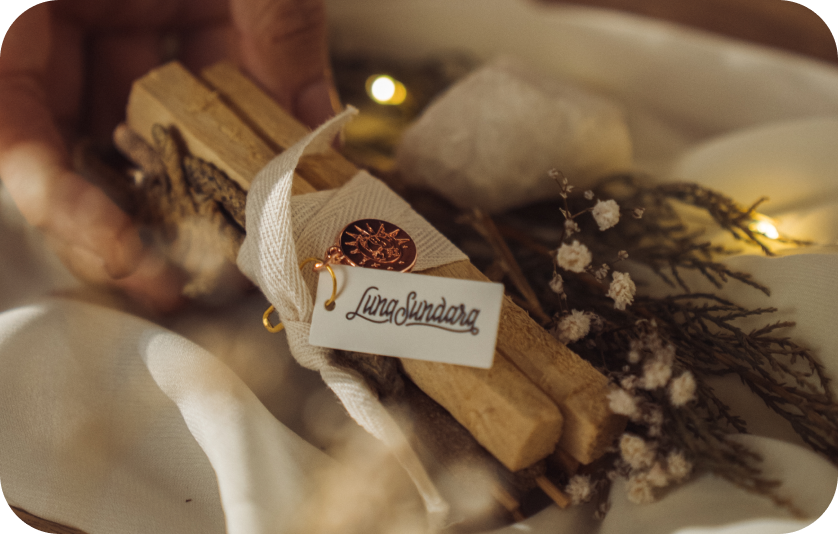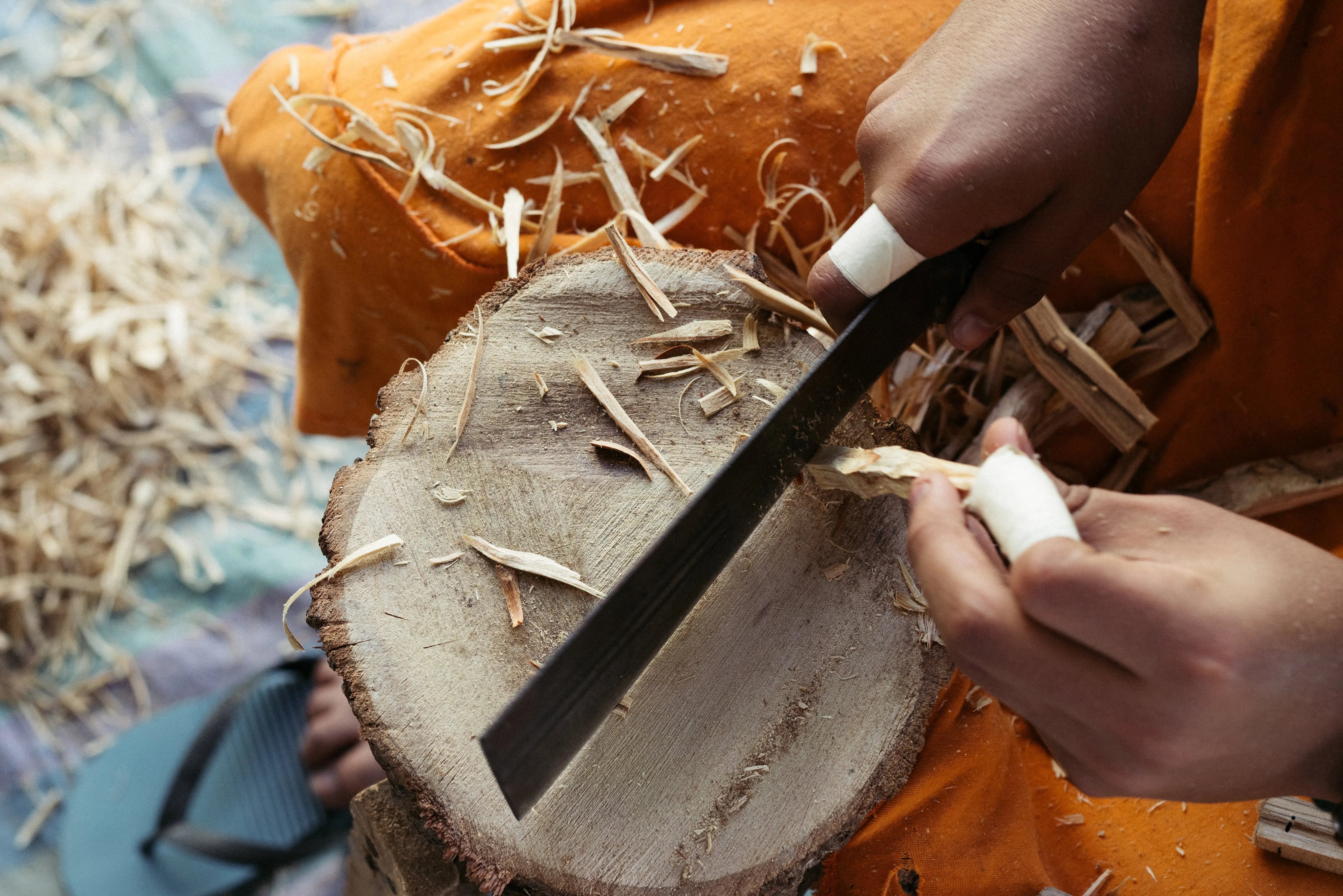Monday, October 12 is Columbus Day - a national holiday that marks the anniversary of Christopher Columbus’ arrival in the Americas back in 1492. But for many of us, it’s also a very painful day, as it brings up the violent history of colonial oppression at the hands of European explorers. Those wounds can still run deep, even today.
Thanks to history, we now know more about the way Columbus and his people behaved when they came to this continent. He and his men pillaged, raped and sparked the genoicide of the people who were already living there, which is not something anyone should want to celebrate. As a result, there has been a steadily growing movement to end the celebration of Christopher Columbus in favor of honoring indigenous communities.
Luna supports this movement and stands with indigenous people - and we’d like to encourage you to do the same! Keep in mind, this isn’t a way to erase history or what was done. Rather, the United States has a history of celebrating people who shouldn’t be celebrated. The bottom line is, we shouldn’t celebrate people who have committed genoicide.
By changing Columbus Day to Indigenous People’s Day, we’re raising awareness of the issue and showing that we’re not going to allow someone like Columbus to be glorified as a hero, because of the hurt he caused America’s indigenous people.
There’s no comprehensive list of places that have switched the holiday, but we do know that at least 10 states now celebrate some version of Indigenous People’s Day. Here are a couple examples:
- Hawaii commemorates the holiday as “Hawaii’s Discoverers’ Day” and South Dakota recognizes it as Native Americans’ Day.
- Washington D.C. and Wisconsin now celebrate Indigenous People’s Day.
- Oklahoma, which is home to 39 recognized tribes, struck a compromise and celebrates both holidays on the same day.
- Similarly, Alabama observes “American Indian Heritage Day” along with Columbus Day.
And these are just a few examples! Many college campuses have even dumped Columbus Day for Indigenous People’s Day, as have more than 100 cities nationwide. That said, we still have work to do. Change doesn’t just happen, it’s established by people, who can usher in cultural trends that have long-lasting effects.
So raise your voice, sign petitions, join protests and make your feelings known! It’s never too late to make a difference.
Written by: Brooke Hardington








